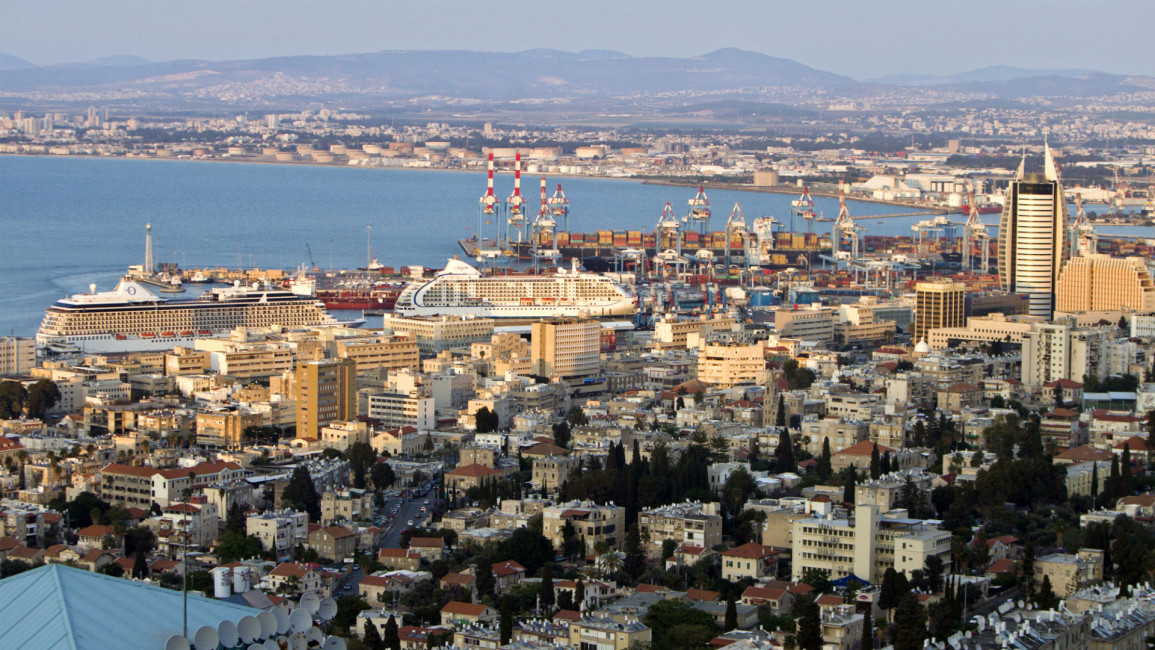
Where's your permit?
I am still waiting for a permit to enter the city of my birth and my heart: Jerusalem.
It is painful having to wait along with thousands of my people for a permit from my occupiers to revisit my memories.
However, there is no other way - unless I could convince my heavy 61-year-old body to climb the apartheid wall.
I respect both those who have applied for a permit and those that have not, as each action is an expression of love for one's country.
Thousands of Palestinians were given permits and thousands refused to apply, while thousands more were stopped from applying due to "security concerns".
I am torn. I cannot bare the idea of having to obtain a permit, yet I cannot bare the idea of never again going to Haifa.
There, in the centre of Haifa, we will practice our tenacious Palestinian-hood in front of our enemies to balance out the pain of obtaining a permit.
We should let go of our sensitivity in return for a tour within ourselves; our land. In normal circumstances we would be the ones giving the permits for others to visit our cities and shores.
My mother, who is in her seventies, has not visited the sea at Jaffa since being forcibly displaced with her family at the age of two from her coastal town in 1948. This is not normal.
| Half of my students in school have not visited Palestine's seas; the Dead Sea and the Mediterranean. |
Half of my students in school have not visited Palestine's seas; the Dead Sea and the Mediterranean.
Isn't this a silent war crime? My nephews, who are in high school, have never entered Jerusalem and only know al-Aqsa Mosque and the Church of the Holy Sepulchre through television.
How will this generation be connected to Palestine's cities and feeling that they belongs here - while Israel prevents them from visiting?
How will we convince this generation to fight until the last breath, when it does not know the language of Jerusalem's alleyways and it has never set eyes on the Jaffa twilight?
On a recent school trip to Acre, while teachers and supervisors stood at the edge of a ship making its way through Acre's waters to the sound of signing school children, I had an important revelation.
Being on the sea with this love, familiarity and self-assurance confirmed the natural historical relationship between this city and us, which was only disturbed by the arrival of foreigners. On the Jaffa coast, it looked like my students were swimming in the sea and playing among the waves - but in reality they were establishing a sacred love pact with Jaffa, an agreement to be forever loyal.
Who can convince the ministry of education in the West Bank to organise annual school trips to Haifa, Jaffa and Acre? Teachers should instill the idea that the whole country belongs to us. It is a history lesson in the field of history, without classes, blackboards or chalk.
Golda Meir had the idea that the Palestinian memory and narrative would die with the death of the Palestinian forefathers.
We can fight this idea by establishing of a deep relationship with our coastal cities and fostering a sense of longing that engrains our sense of ownership over this sea and these cities.
We naturally held this belief since childhood - however, every now and then our beliefs would be shaken by fear and despair due to the various conspiracies against the embattled Palestinian memory.
We can ensure that this belief lives on and crystalise it through recreational, cultural and family trips to our cities.
We ask our enemies for permits to enter our own bodies. But we do enter in, reacquainting ourselves with our genes and history, renewing our pledge to be loyal, not to betray and not to tire.
When the jailer who holds the body hostage asks you: Where's your permit? Show him your permit and be hurt, then delve deep into your country.
This blog is an edited translation from our Arabic edition.




